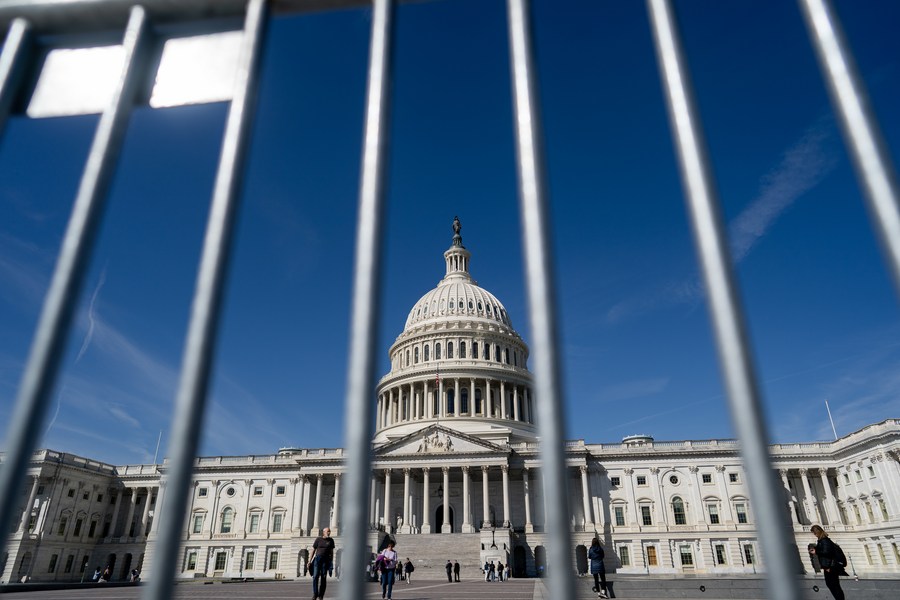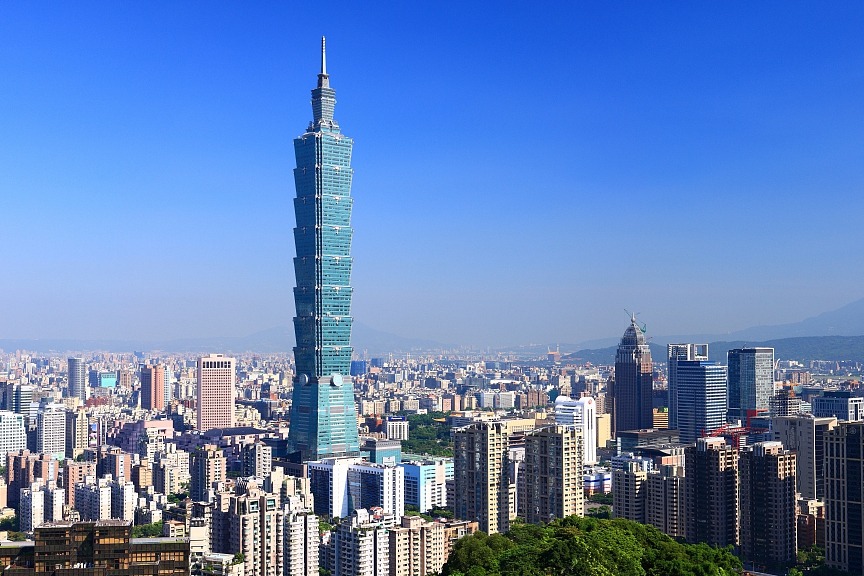World has had enough of US imperial crusades


The "liberal" West has a fundamental problem: it cannot tolerate any "unacceptable" perspective reach the people. Last year's Athens Democracy Forum was one of those instances when Jeffrey Sachs called America a "slave-owning, genocidal country, killing Native Americans for a white culture."
"You can be democratic at home and ruthlessly imperial abroad. The most violent country in the world since 1950 has been the United States," said professor and director of the Centre for Sustainable Development at Columbia and his free speech was shockingly shut down under thundering clapping.
After the fall of the Soviet Union, the Middle East has been the biggest victim of the US undying love for unopposed world dominance. America in the first Gulf War obliterated Iraq and then placed sanctions on Baghdad. These crippling sanctions on the war-devastated country threw millions into living a miserable life and led to countless deaths, including children.
Still former secretary of State Madeleine Albright, who helped place sanctions and referred to as "a passionate force for freedom, democracy and human rights," believed this price of killing the children was "worth it." Former US president Donald Trump in September 2020 would publicly admit to killing hundreds of thousands of people in the Middle East.
The US Central Intelligence Agency itself has been involved in serious human rights violations. There were reports of the CIA-sponsored militias’ human rights abuses in Afghanistan and possible war crimes; very few cases have been investigated or prosecuted. The secretive unit's Special Activities Division of paramilitary officers, reported in 2017, has a global field of mission.
Since the end of the World War II, the US has been casting countries such as Cuba, Vietnam, Afghanistan, Iraq, Syria and Libya as anti-America or anti-West to justify its direct invasions or covert interventions. The phrase "Arsenal of Democracy," coined by US president Franklin Roosevelt in 1940 and sought to produce more weapons, laid the foundation of this US post-World War II addiction.
Efforts are being exerted to pump new life into Roosevelt’s doctrine – through which he forged an alliance with the Soviet Union, despite calling it a "dictatorship as absolute as any other dictatorship in the world" and vowed to supply weapons to the USSR against Nazi Germany – to defeat Russia and deter China.
This shows why America isn't sending arms to Ukraine for it is a democracy or to wants to "bolster the defenses of the free and open liberal order", but because the US is finding an opportunity in the Ukrainian conflict to remodel its wars on the basis of democracy versus autocracy transform countries such as Israel into America's "valuable hubs" to reassert its global hegemony.
In order to implement this frenzied agenda, inflation is being downplayed to focus on growth, investment and modernization – not to help the embattled Americans – instead to install new industrial facilities, raise arms production and push war spending so that America may deploy more resources against China and Russia. Emails from Pentagon officials to defense contractors and the surge in late-night pizza deliveries to the Department of Defense are restlessly awaited.
Most stories, statements and strategies of the US media, American officials and the Biden administration – to frame China as a threat to the West – are either melodramatic or farcical. The same nexus, which destroyed country after country, is disseminating lies and falsehoods about China with an irresistible impulse to start a Cold War.
Under this concept, the US government and media acted in concert to peddle misleading reports and testimonies, especially Iraq and others and NATO backed these disastrous wars. But this military adventure against China will have far more grievous consequences given Beijing is deeply integrated into the global economy and has bolstered its military and industrial strength while the "Arsenal of Democracy" peters out and the US and NATO stockpiles deplete fast over protracted Ukraine war.
NATO’s enlargement lies at the heart of the Ukraine crisis. Even as US security doesn't depend on the military alliance’s expansion rather poses threats of direct confrontation, it's prepared to take risks just to restore its world dominance. The Biden's administration's sabotage of negotiation, as Sachs pointed out, and supply of arms to Ukraine is described as a "real leadership" while peace talks may help to avert the risk of escalation and a nuclear war.
Biden's belief not to end the war through negotiation and use the Ukraine crisis as a way to pursue his foreign policy goals has been patently obvious of late. In October, when some 30 progressive Democrats warned the Ukraine war had “attendant certainties and catastrophic consequences and unknowable risks” and urged him to adopt a "proactive diplomatic push," consistent with his own conviction on a negotiated settlement, they were cowered in humiliation and forced to rescind their call for diplomacy.
Through decades, US foreign wars have killed hundreds of thousands indiscriminately, forced millions to flee, bulldozed international law and committed human rights violations and war crimes across regions in addition to razing critical public infrastructure such as schools, farms, hospitals and other infrastructure. Wars remained “the American way of life” to project power and expand influence; it continues to be the core of the US foreign policy to reestablish its world hegemony in the guise of freedom and liberty.
As the US gears up to stockpile weapons and aims to aggravate tensions between countries without directly involving itself in conflicts, the world neither needs America to be the "Arsenal of Democracy" nor does it see the future of the world order at risk. The world at large and the Middle East in particular have had enough of the US imperial crusades and will not support an ideological war at the cost of global peace.
Azhar Azam works in a private organization as "Market & Business Analyst" and writes on geopolitical issues and regional conflicts.
The opinions expressed here are those of the writer and do not necessarily represent the views of China Daily and China Daily website.
If you have a specific expertise, or would like to share your thought about our stories, then send us your writings at opinion@chinadaily.com.cn, and comment@chinadaily.com.cn.


































